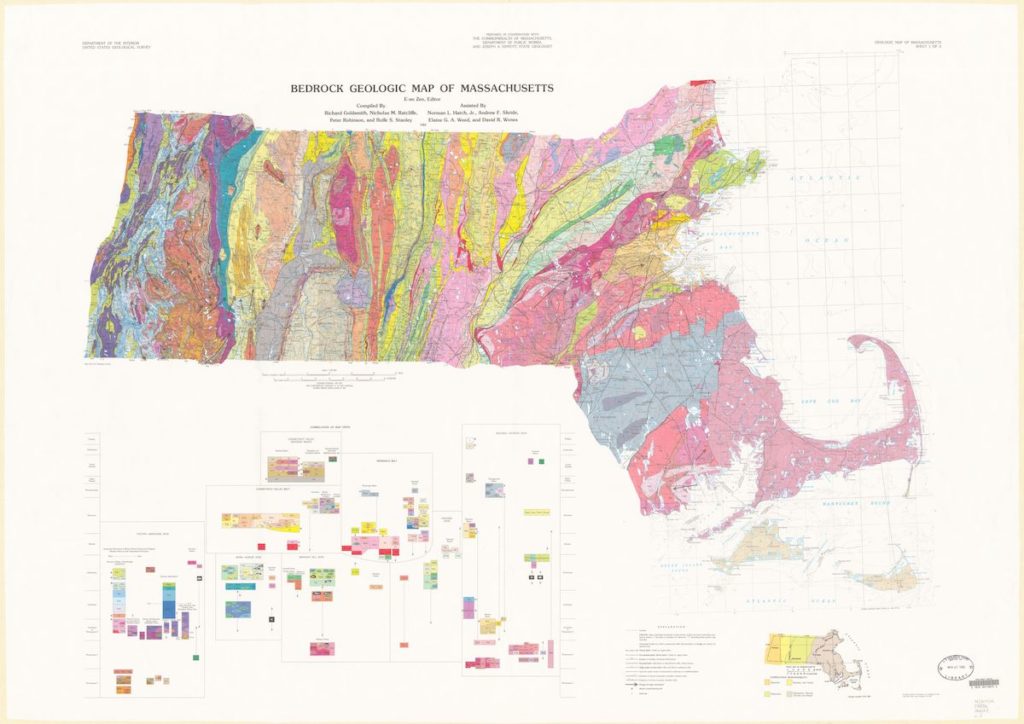 PROVINCETOWN — On Sunday morning, the Outer Cape lit up with variations of the question “Did you feel that?”
PROVINCETOWN — On Sunday morning, the Outer Cape lit up with variations of the question “Did you feel that?”
At 9:10 a.m. on Nov. 8, a 3.6 magnitude earthquake shook New England. As of Tuesday morning, 160 people on the Outer Cape had reported their experience of the earthquake to the U.S. Geological Survey.
Not everyone felt the earthquake, including John Ebel, a senior research scientist and earthquake expert at the Weston Observatory at Boston College. From a seismologist’s point of view, said Ebel, the recent earthquake was pretty standard. While the magnitude was slightly larger than usual, earthquakes do occur at least once per year in the New England region.
Ebel, author of New England Earthquakes: The Surprising History of Seismic Activity in the Northeast, said there have been earthquakes with epicenters located on Cape Cod, though none have been significant. This one’s epicenter was in Buzzards Bay.
Local accounts of past earthquakes sound quite familiar: “Provincetown residents did not recognize the vibrations as anything more unusual than the passing of a heavy truck” read the report in the National Academy of Sciences of an earthquake reported in April 1935.
The earliest recorded earthquake in New England occurred in 1638 in New Hampshire. One of the most damaging earthquakes in Massachusetts history was in 1755, off the coast of Cape Ann. With an estimated 6.2 magnitude, it was responsible for damaging or destroying about one third of the chimneys in Boston.
To understand why this recent earthquake isn’t so surprising, let’s go back to Geology 101.
“We are in the middle of the North American plate,” Ebel said. It has one boundary in the center of the Atlantic Ocean and the other along the San Andreas Fault and similar faults on the West Coast. Interactions at the plate boundaries cause the North American plate to be squeezed and crack in the middle.
“This is likely the reason that the earthquakes in our region spread all over the place, without a concentration in any one place,” Ebel said.
There is no way of predicting when an earthquake will happen. But given the steady rate of tectonic movement in our region and the long history of earthquakes, Ebel said, more will. It’s just a matter of time.



